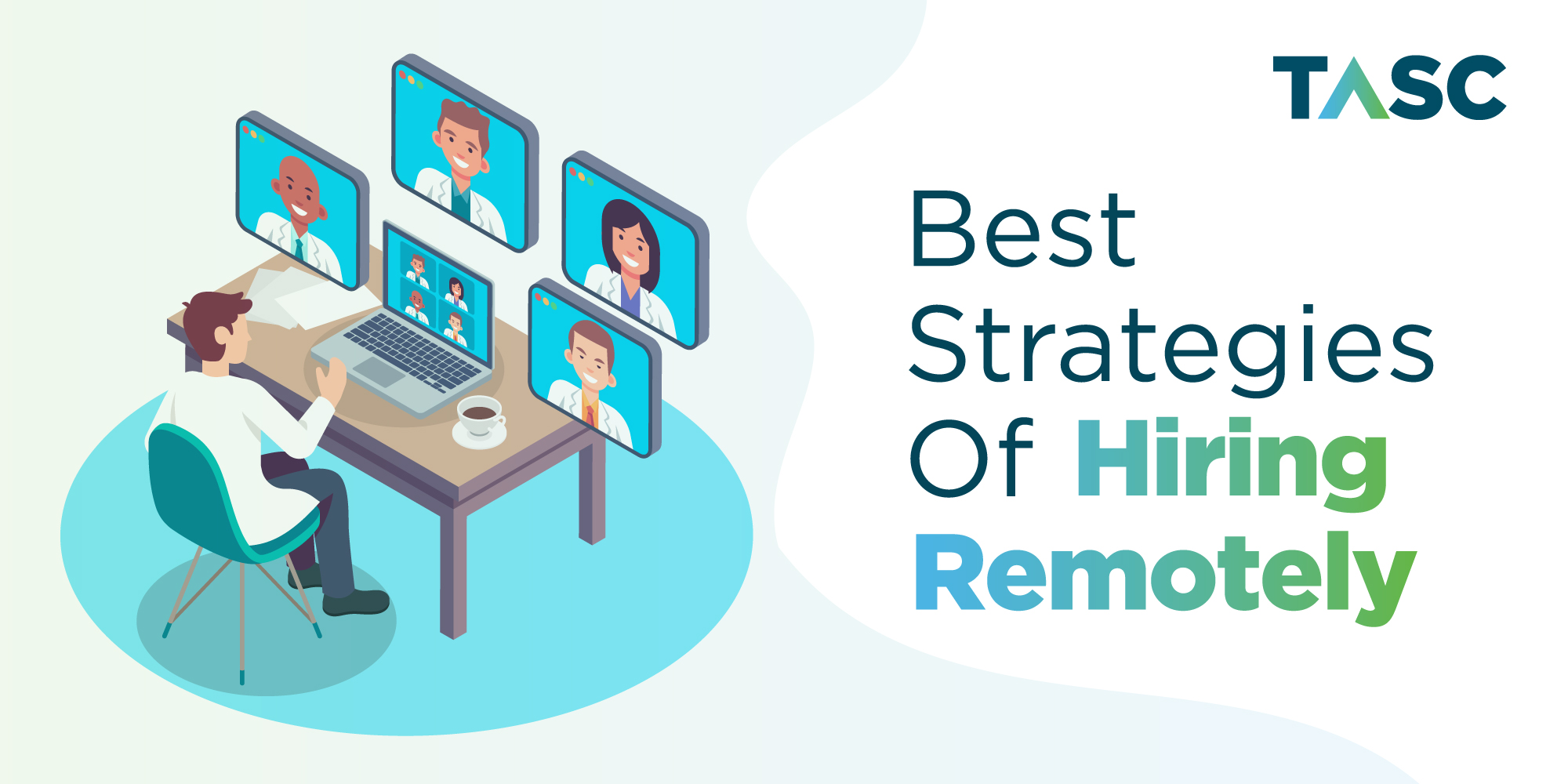How RPO Solutions Can Transform Your Recruitment Strategy for Growth
Recruitment is the backbone of any successful organization. A robust and efficient recruitment strategy can help businesses build a talented workforce that drives productivity and innovation. However, as companies scale and expand, the traditional recruitment methods may no longer suffice. This is where Recruitment Process Outsourcing (RPO) can help—a transformative solution for scalable recruitment success.
Today, we will explore what RPO solutions are, why they are essential for scalability, and how they can help organizations achieve recruitment success without the headache of managing every aspect of hiring in-house.
What Are RPO Solutions?
Recruitment Process Outsourcing (RPO) refers to the practice of outsourcing all or part of the recruitment process to an external service provider. An RPO provider takes over key recruitment functions, such as talent acquisition, candidate screening, interviews, and even onboarding, while working closely with the company to align the hiring strategy with business goals.
Unlike traditional recruitment agencies that focus on filling specific job openings, RPO providers offer end-to-end recruitment services. It includes sourcing talent, screening candidates, conducting interviews, managing candidate experience, and integrating successful hires into the company. Through these comprehensive services, RPO solutions help businesses scale their workforce efficiently.
Why Choose RPO for Scalability?
As businesses grow, recruitment needs become more complex. The challenge lies in scaling the hiring process to meet the increasing demand for talent without compromising quality or speed. This is where RPO solutions come into play.
- Meeting High Volume Hiring Demands: Whether a company is expanding globally, launching a new product line, or experiencing rapid growth, RPO solutions ensure that recruitment efforts are not hindered by high hiring volumes. RPO providers use a variety of strategies, tools, and resources to scale recruitment operations, ensuring that the company can meet its hiring needs even in high-pressure situations.
- Flexibility to Adapt to Changing Needs: Opting for scalable recruitment services allow organizations to adjust their hiring strategy based on shifting business priorities. RPO solutions offer the flexibility to quickly ramp up or down recruitment efforts, whether it’s to accommodate seasonal hiring or sudden organizational growth.
- Faster Time-to-Hire: With dedicated recruitment teams, technology, and optimized processes, RPO providers can dramatically reduce time-to-hire. By streamlining the recruitment process, they help businesses find and hire top talent faster, allowing companies to respond to market needs more swiftly.
Key Components of a Successful RPO Solution
To understand the full potential of RPO solutions, it's essential to recognize the key components that make them successful:
- Technology and Tools: Modern RPO solutions are driven by advanced recruitment technologies, such as Applicant Tracking Systems (ATS), Artificial Intelligence (AI), and automation. These tools allow RPO providers to manage large candidate pools, automate repetitive tasks, and optimize the recruitment process to make it faster, more efficient, and data-driven.
- Dedicated RPO Teams: A successful RPO solution involves a team of experts who specialize in different aspects of recruitment. From sourcing specialists and recruiters to interview coordinators and onboarding experts, RPO teams work cohesively to execute recruitment strategies seamlessly. This dedicated focus allows businesses to receive expert support throughout the entire hiring process.
- Data-Driven Insights: RPO providers leverage data analytics to refine and improve recruitment strategies. From tracking candidate sourcing channels to measuring interview-to-hire ratios, RPO solutions use recruitment metrics to identify trends, optimize strategies, and ensure continuous improvement in the recruitment process.
How RPO Solutions Drive Cost Efficiency
One of the primary reasons businesses turn to RPO solutions is to drive cost savings. By outsourcing recruitment to an RPO provider, organizations can reduce their cost-per-hire while improving the overall quality of their hires.
- Reduced Recruitment Costs: Traditional recruitment methods, whether handled internally or by an agency, can incur significant costs, including advertising expenses, agency fees, and recruiter salaries. RPO solutions streamline these processes by consolidating recruitment functions and eliminating redundant expenses. By optimizing every aspect of recruitment, RPO providers can significantly lower the cost of hiring.
- Operational Efficiency: RPO solutions enhance operational efficiency by allowing businesses to focus on core functions, such as product development or customer service, while leaving the recruitment process in the hands of experts. Outsourcing recruitment activities also eliminates the need for maintaining a large in-house HR department, further reducing operational overhead.
- Better Resource Allocation: With an RPO provider handling recruitment, internal teams can focus on other critical business functions, allowing resources to be allocated more effectively. This leads to better productivity across the board, making the organization more cost-effective in the long run.
The RPO Process: From Start to Finish
An RPO solution is not a one-size-fits-all approach. It is a tailored process designed to meet the unique needs of each business. Here’s how the RPO process typically works:
- Job Requisition: The first step in the RPO process involves understanding the job requirements. The RPO provider works closely with the company’s HR team to establish clear job descriptions, requirements, and ideal candidate profiles.
- Candidate Sourcing: The next step involves sourcing candidates from various channels. This includes leveraging job boards, social media platforms, networking events, and talent pools to attract potential candidates.
- Screening and Interviewing: Once candidates are sourced, the RPO provider screens resumes, conducts initial interviews, and assesses the candidates' suitability for the role. This step ensures that only the most qualified candidates make it to the final round of interviews.
- Onboarding: After selecting the right candidates, RPO providers often assist with onboarding processes to ensure smooth integration into the company. This includes providing necessary training, introducing company policies, and helping new hires feel welcomed and engaged.
- Ongoing Evaluation and Optimization: The recruitment process does not end once a candidate is hired. RPO providers continuously evaluate and optimize recruitment strategies by analyzing hiring metrics and gathering feedback from candidates and hiring managers. This ensures that the recruitment process keeps improving, resulting in better outcomes over time.
Wrapping Up
If you’re looking for scalable hiring strategies to transform your organisation, RPO stands out to be one of the best. By outsourcing recruitment processes to an expert provider, businesses can save costs, speed up their hiring process, and ensure that they’re attracting top-tier talent.
The flexibility and scalability offered by RPO solutions make them an ideal choice for businesses in growth phases, startups, and even large enterprises looking to optimize their hiring strategies.
As the demand for talent continues to increase globally, RPO solutions will play an even more prominent role in helping businesses maintain a competitive edge. By embracing RPO, companies can focus on their core operations while leaving recruitment to the experts.





